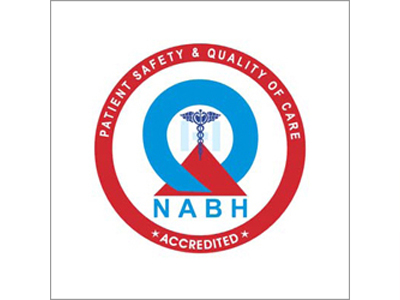Hyderabad, 22 January 2025: The research teams at L V Prasad Eye Institute under the Centre for Ocular Regeneration (CORE) at the Brien Holden Research Centre, organized the second edition of the ‘Future is Here’ conference between 9-12 January 2025. The conference brought together over 200 participants ranging from basic scientists, graduate students, engineers to ophthalmologists from 31 institutes over the four days, marking the confluence of a young and interesting set of teams coalescing around research ideas and practices on the frontiers of ophthalmology. Participants came from USA, Germany, Australia, and the IITs, CSIRs, and central universities across India for the conference. With a focus on animal models; in vitro diseases models; cell, gene, and stem cell therapies; biomaterials; and diagnostics; the event also discussed funding and collaboration activities for these research areas.
'The conference has brought together some of the brightest minds working on ocular regeneration and ancillary technologies from around the world,' said Dr Vivek Singh, Senior Scientist and Head, Center for Ocular Regeneration, LVPEI and one of the key organisers of the Future is Here II conference. 'The research showcased, and the ideas discussed at this event will set the pace for the future.'
The second edition of the ‘Future is Here’ conference began with sessions discussing the funding, collaborations, and translational roadmap for research. Dr. Kapil Bharthi, Senior Investigator and Head of the Ocular and Stem Cell Translational Research Section at the National Eye Institute (NEI), USA and Dr. Stefan Schräder, Director of the University Clinic for Ophthalmology at the Pius-Hospital Oldenburg, Germany, shared insights on the funding prospects in their countries for Indian researchers. LVPEI alumni, Dr. Virender Sangwan (Consultant, Dr Shroff’s Charity Eye Hospital, New Delhi) and Dr. Geeta Vemuganti (Dean of Medical Sciences, University of Hyderabad) emphasized the pivotal role that collaborations played in shaping their successful research careers.
At the forefront of CRISPR-based gene editing technologies in India is Dr Debojyoti Chakraborty, head of RNA Biology Lab at CSIR - Institute of Genomics and Integrative Biology, New Delhi showcased collaborators from across medical contexts who have benefited from his lab’s work on CRISPR, and this includes eye care. Teams from the Narayana Nethralaya, Bengaluru and LVPEI discussed the headway they are marking despite the regulatory and translatory challenges of CRISPR-powered stem cell research.
The sessions were interspersed by poster presentations by PhD students, allowing them to showcase their work and receive feedback from their peers. 9 best poster awards were given out at the end of the conference.
Key support for the conference came from Indian funding agencies like ICMR, DBT, SERB, and CSIR.


